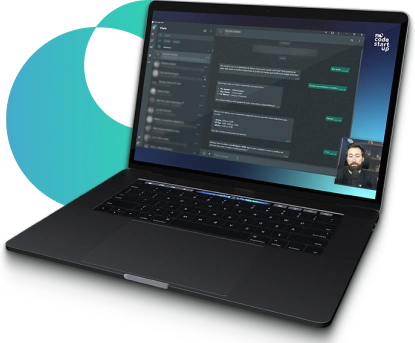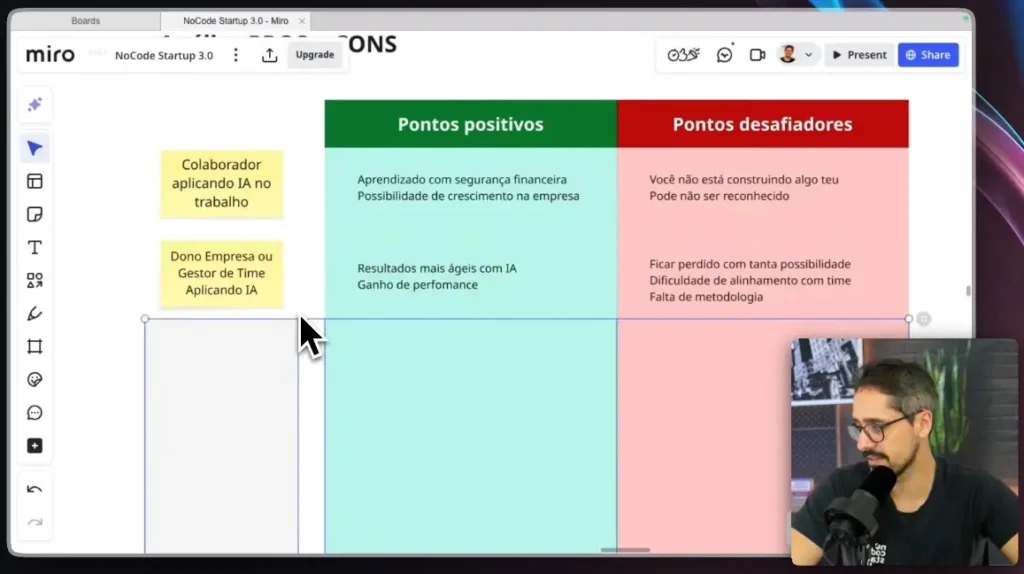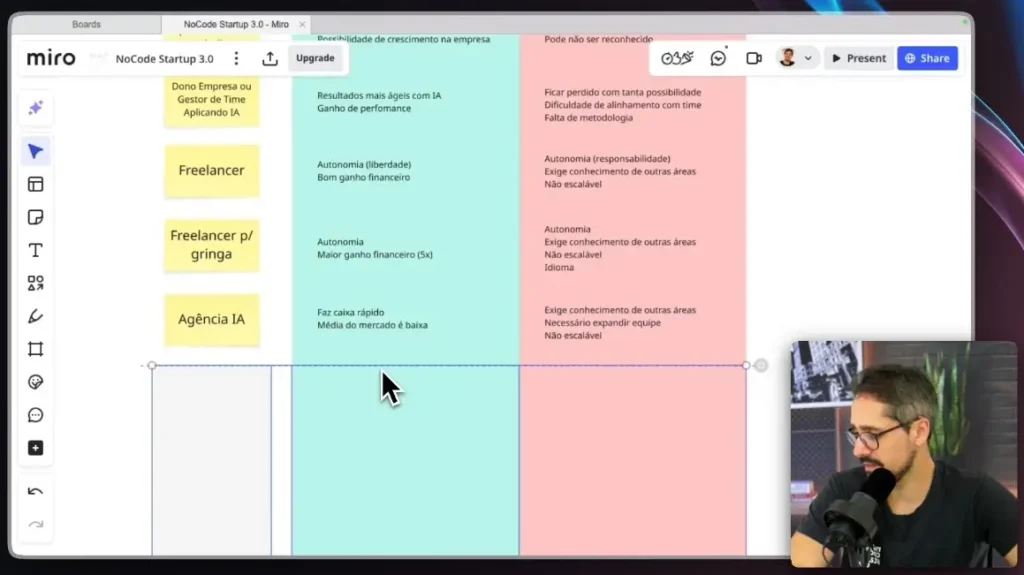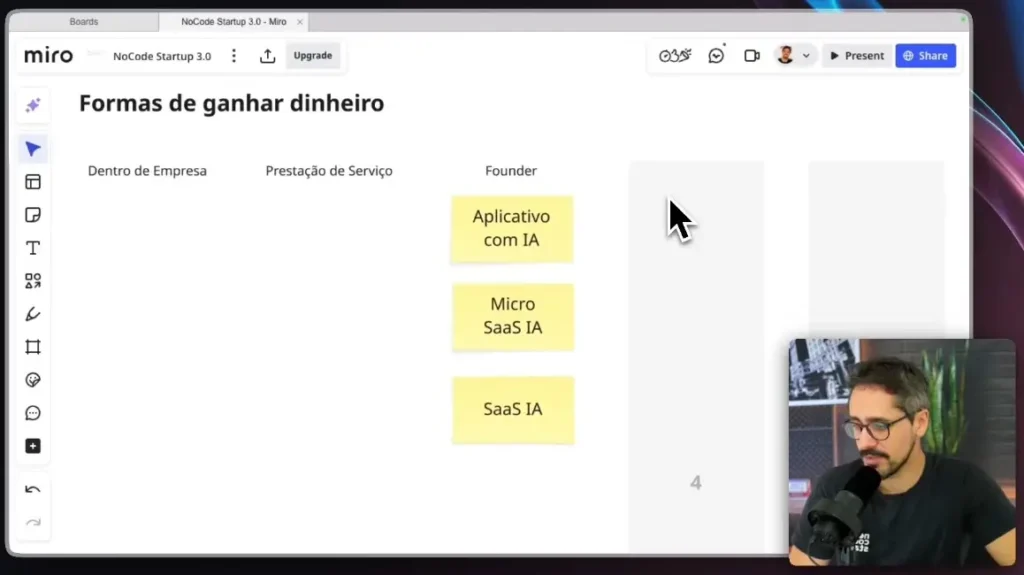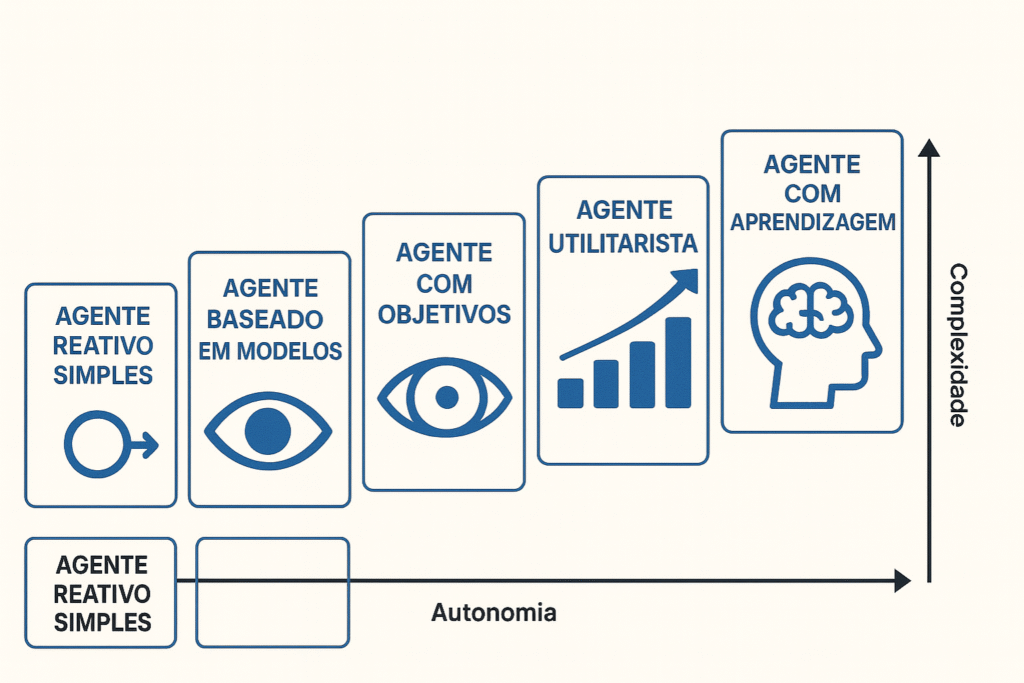The WhatsApp API is one of the main solutions for companies that want to scale their customer service and communication automation.
WhatsApp, being one of the most popular messaging apps in the world, allows direct and efficient interactions with customers. However, when it comes to automation and integration, using the WhatsApp API becomes essential.
So, there are two main options for this integration: the Official WhatsApp Business API and the Unofficial APIs. But which one should you choose?
In this article, we’ll explore the differences, advantages, disadvantages, pricing models, and costs to help you make the best decision for your project. Keep reading and find out which WhatsApp API makes the most sense for your business!
Types of WhatsApp available on the market: discover the options

Before we talk about WhatsApp APIs, it is important to understand the three main types of WhatsApp available:
Personal WhatsApp
WhatsApp Personal is the traditional version of the app, used by billions of people around the world. Intended for individual users, it does not include business-oriented features or automation.
WhatsApp BusinessVersion
Version aimed at small and medium businesses. This version has features such as a product catalog, automatic messages and business profiles, but still relies on manual interactions.
Furthermore, it allows the simultaneous use of two numbers on the same device, one in the personal application and the other in the Business application, in a completely legal manner and in line with Meta's guidelines.
WhatsApp Business API
Unlike previous versions, WhatsApp Business API is not an application, but a cloud-based solution that allows WhatsApp integration to different systems, enabling automation and personalization of interactions.
Companies that manage a large volume of messages use this API to optimize communication with customers, ensuring efficiency and scalability. With this solution, it is possible to:
- automate the sending of messages and notifications;
- to create chatbots for customer service;
- integrate WhatsApp with CRMs, ERPs and other business platforms;
- use artificial intelligence to personalize interactions.
How does the WhatsApp Business API work?
The WhatsApp Business API acts as a bridge between different systems, allowing softwares to communicate automatically. Since it is not an application installed on the cell phone, the entire operation takes place in the cloud, ensuring scalability and reliability for companies that need high-performance communication.
Although initially aimed at developers, today there are several solutions that simplify the implementation of the WhatsApp Business API, making it accessible to companies of different sizes.
Now that we understand the concept, let's explore the differences between the Official WhatsApp API and Unofficial WhatsApp APIs.
Official API vs. Unofficial API: Know the main differences

Businesses can choose between two types of WhatsApp API for integration:
- Official WhatsApp Business API (provided directly by Meta or licensed companies);
- Unofficial APIs (provided by third parties, without any connection to Meta, but within the law).
Next, we will understand the main differences between them.
Official WhatsApp Business API
The Official WhatsApp Business API is provided by Meta (Facebook) itself or by licensed companies. Meta recently began offering this service directly to end users, without the need for licensed intermediaries.
This API can be integrated directly via Facebook's Business Manager (BM), ensuring security and compliance with Meta's policies. Among the main features of the Official API:
- integration via Facebook Business Manager;
- mandatory use of pre-approved message templates to start conversations;
- billing based on conversations initiated;
- restriction on sending messages outside of Meta's rules;
- lower risk of blocking, as long as you follow the guidelines/
Please note that Meta does not allow unrestricted sending of messages. To start a conversation, it is mandatory to use approved message templates, ensuring that the contact complies with WhatsApp policies. The template categories are:
- marketing: promotions, coupons and offers;
- utility: order confirmations, delivery tracking;
- authentication: sending verification codes;
- service: user-initiated messages at no additional cost.
After the first template is sent, the conversation can continue normally for up to 24 hours without the need for a new template.
And how does billing work on the Official API?
The pricing for the Official WhatsApp API is based on conversations initiated and varies depending on the message category:
- marketing messages: about R$ 0.36 per conversation started;
- utility messages: approximately R$ 0.04 per conversation initiated;
- authentication messages: around R$ 0.015 per conversation initiated;
- client initiated messages: at no additional cost.
Other important points about billing include the 24-hour validity for each conversation initiated by the company, which means that if it is necessary to continue the interaction after this period, a new paid template will be required.
Additionally, starting in April 2025, authentication and utility messages sent within this 24-hour window will no longer be charged.
Unofficial APIs
Unofficial APIs are solutions offered by third parties, with no direct relationship with Meta. Although they are not licensed, many of these APIs are completely legal and follow security standards. The main characteristics of Unofficial APIs include:
- simplified integration via QR Code;
- allows sending messages without the need for pre-approved templates;
- fixed price per integrated WhatsApp number;
- greater flexibility for shipping and automation;
- higher risk of ban in case of spam or inappropriate use.
Unlike the Official API, which requires template approval and follows strict rules, Unofficial APIs allow messages to be sent freely, without category restrictions or prior approval. This allows for more dynamic contact with customers, ideal for companies that need freedom in communication.
And how does the billing work? Unofficial APIs?
The pricing of Unofficial APIs varies depending on the provider. Some operate with fixed monthly plans, while others charge per connected WhatsApp number.
- some companies offer plans starting from R$99 per integrated WhatsApp number;
- others offer packages for multiple numbers, reducing the cost per account;
- There are open-source options, which can be used free of charge, but require their own infrastructure.
Despite the freedom offered by Unofficial WhatsApp APIs, it is essential to consider the risks involved. Since there is no direct link to WhatsApp, these APIs are more prone to blocking, especially when used for mass sending without the proper consent of users.
Furthermore, Meta support and warranty are not available, which means that any technical issues or blockages will depend solely on the API provider.
Sending messages without the recipients' authorization can also result in restrictions, compromising the company's continued communication with its customers.
So which API to choose?
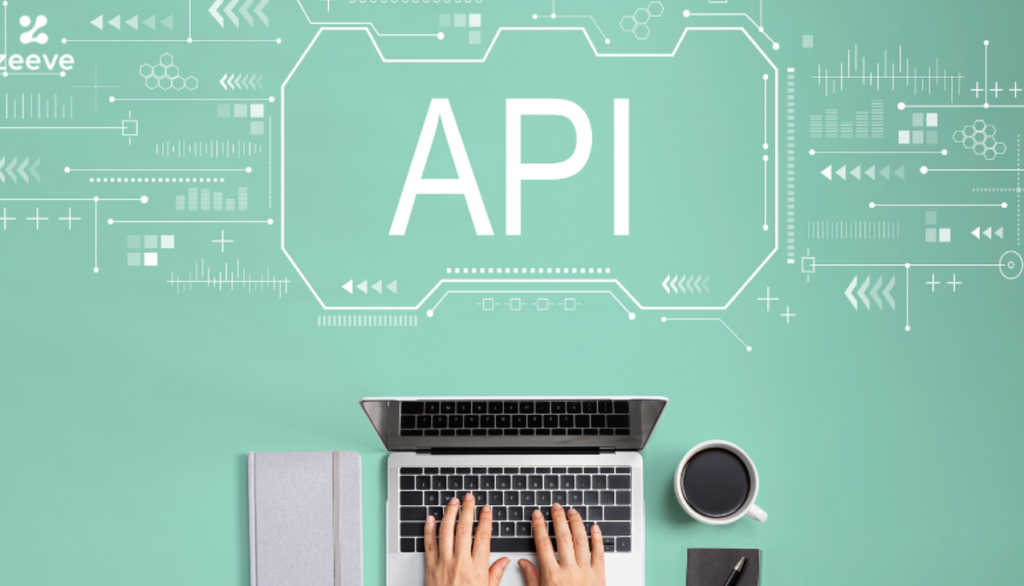
Choosing between the Official WhatsApp API and Unofficial WhatsApp APIs depends on your business needs. While the Official API provides greater security and compliance, Unofficial APIs offer more freedom and predictable costs.
Evaluate your options based on your message volume, need for automation, and level of risk you are willing to take.
To learn more about automation and other efficient strategies for integrate chatbots, automatic notifications and artificial intelligence to your business, explore more at our YouTube channel and in the NoCode StartUp website.

